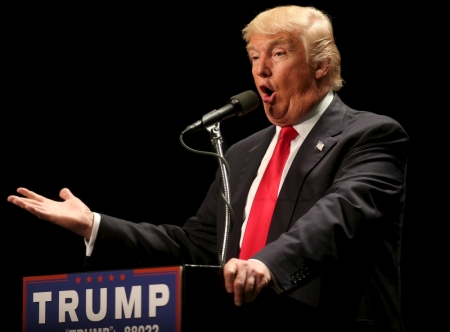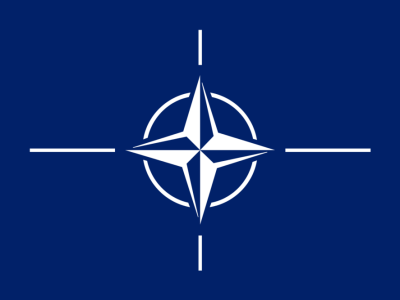Donald Trump Might Actually Have a Point About NATO, Experts Say

Recent comments made by Donald Trump regarding the United States' relationship with the North Atlantic Treaty Organization hold merit, according to some foreign policy experts.
In multiple interviews, the Republican frontrunner has argued that the United States is doing too much to support NATO and not getting enough in return.
"Either they pay up, including for past deficiencies, or they have to get out. And if it breaks up NATO, it breaks up NATO," stated Trump in a recent interview.
While some have denounced Trump's comments, others including John Haines, senior fellow with the Foreign Policy Research Institute, have been less critical.
In an interview with The Christian Post, Haines explained that Trump's comments were not "a wrong view," but rather "an underdeveloped view."
Haines noted this regarding Article 6 of the Treaty, which says that "an armed attack" against any of Parties can be defined as "on the forces, vessels, or aircraft of any of the Parties, when in or over these territories or any other area in Europe in which occupation forces of any of the Parties were stationed on the date when the Treaty entered into force ..."

"I think he has a tendency to over-focus on Article 6 issues in this question of burden-sharing kind of in an oblique sense, rather than look at NATO questions in their broader context," said Haines.
"So if his argument is that NATO has ceased to serve a purpose today, and that we should pull back in a literal sense from NATO, I don't know where that leaves American doctrine such as forward naval deployment. So where are those vessels going to deploy from?"
Haines added that having issues with Article 6 is "not an argument for the United States to pull back there. You can't separate our specific defense interests from our NATO obligations."
Cato Institute Senior Fellow Ted Galen Carpenter told CP in an interview that he believed Trump's NATO comments were the best of any of the current presidential candidates.
"It's one of those issues where his views are closer to reality than the views of the other candidates. Doesn't necessarily mean that his views on other topics are good, but on this particular issue his views seem to be the best by far," said Carpenter.
"Trump in his own rather crude form is articulating the views of the majority of Americans. That it is time for the Europeans to take responsibility for their own defense and for the overall security of their region."
Formed following the Second World War as a means of stopping the spread of Communism and to encourage European cooperation, in the modern-day some have questioned the purpose of NATO since the end of the Cold War.
"NATO lost its relevance a long time ago. Particularly when the Soviet Union disintegrated. And it had been losing its relevance even before that with Europe's economic and political recovery," argued Carpenter.
"I don't believe NATO was ever meant to be a permanent U.S. protectorate over Europe. That may have been the ambitions of some U.S. policy makers, that certainly wasn't the perspective of the American people."
Others have taken issue with Trump's critique of NATO. Bill Connor, an author and attorney who won the Bronze Star for his work as the senior U.S. adviser to Helmand Province, Afghanistan, wrote in a recent column that NATO has a myriad of benefits for the U.S.
"NATO costs relatively little for a huge benefit to our national defense … [and] due to the top contribution of the United States, we are able to fill the post of the supreme allied commander, Europe (SACEUR) and the other top leadership positions in NATO," wrote Connor.
"Basically, we pay more but we also drive the direction of NATO. The fact that other NATO nations benefit is not a reason to end a good 'deal' for the United States."
When asked by CP if he thought a President Trump would be able to fulfill the campaign rhetoric of severing ties with NATO, Haines expressed doubt.
"I think it's unlikely. I imagine he would force the conversations to take place that the NATO allies may or may not want to have," said Haines.
"I would hope he would move cautiously and take guidance from a broader set of advisors. If it comes to that, the unintended effect of challenging NATO I think is something we should be careful about."
Carpenter of the Cato Institute responded that he thought that a hypothetical Trump administration would have a major challenge if it tried to do so.
"He would be going up against the entire military-industrial complex that President Eisenhower identified in his farewell address," said Carpenter.
"There are massive vested interests in maintaining NATO and they are not going to go quietly. There will be an entrenched effort to try and preserve every single aspect of NATO."






















